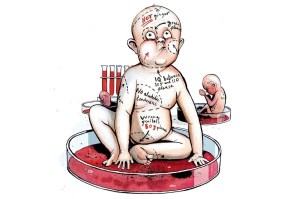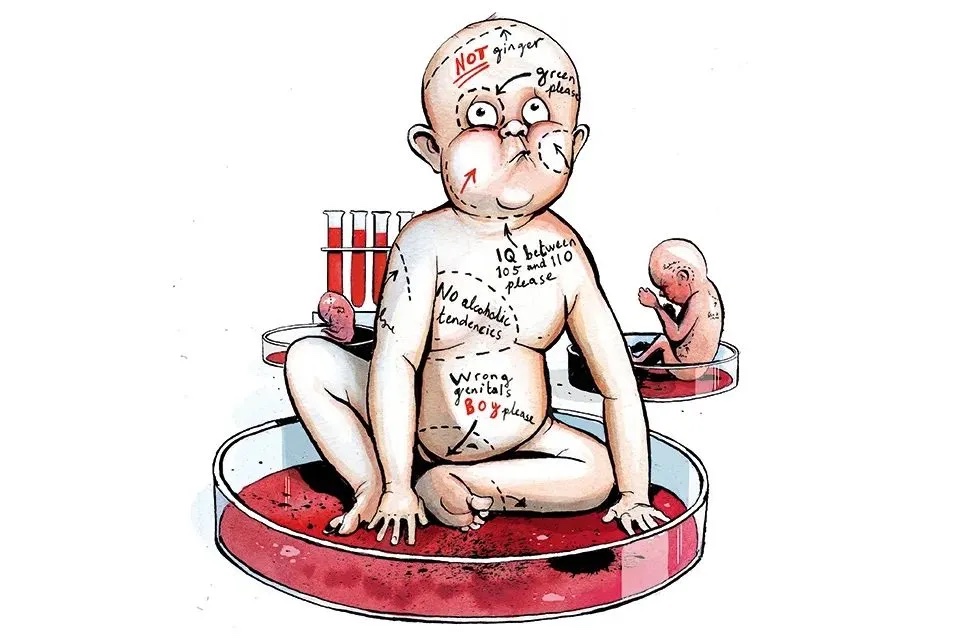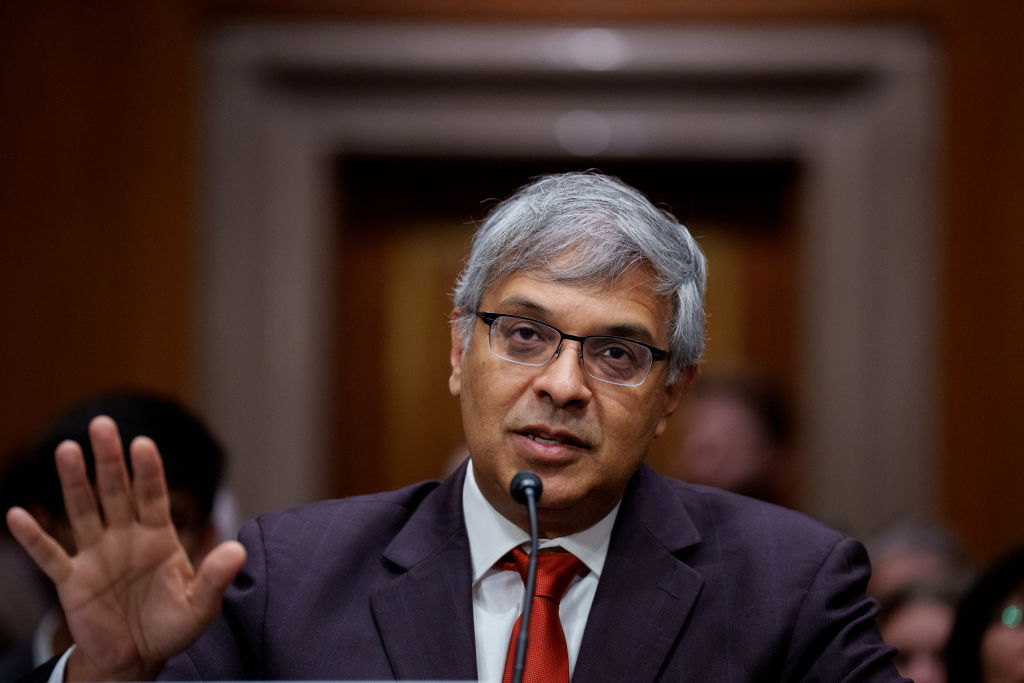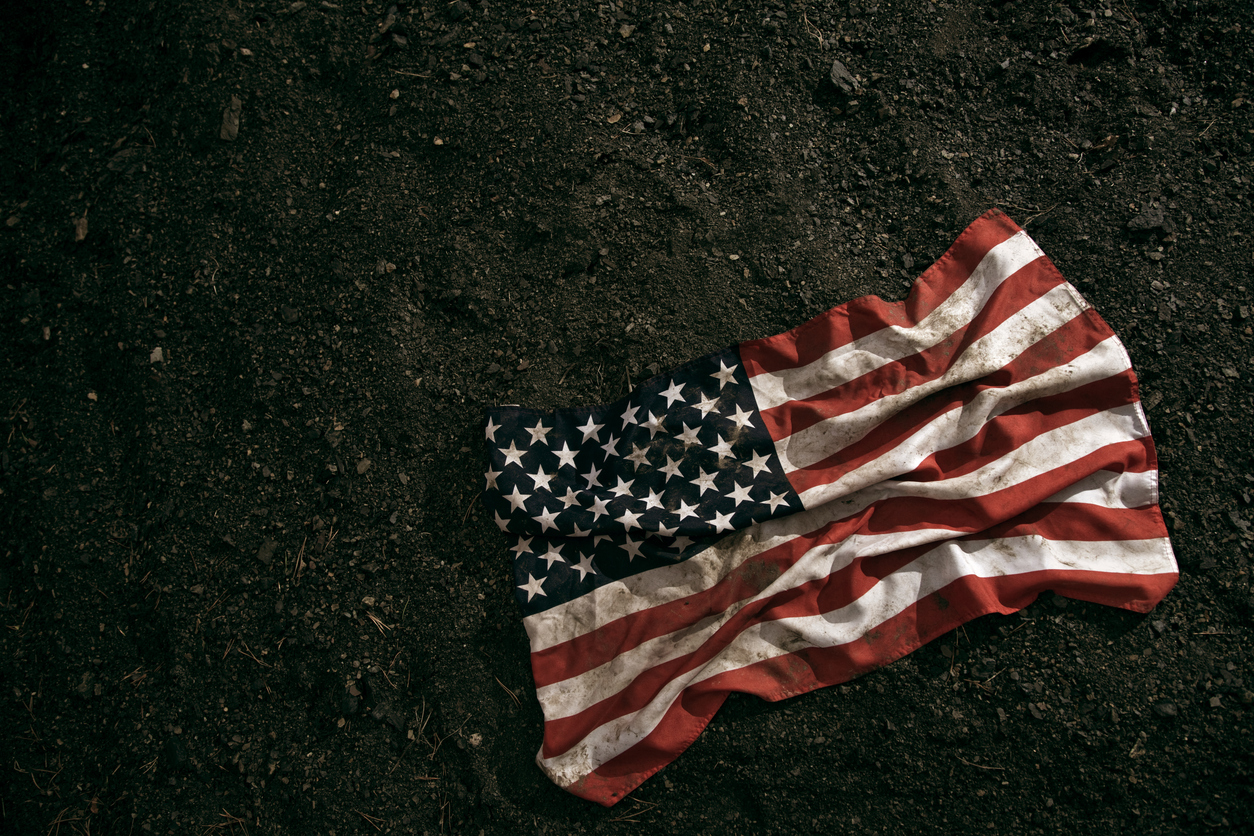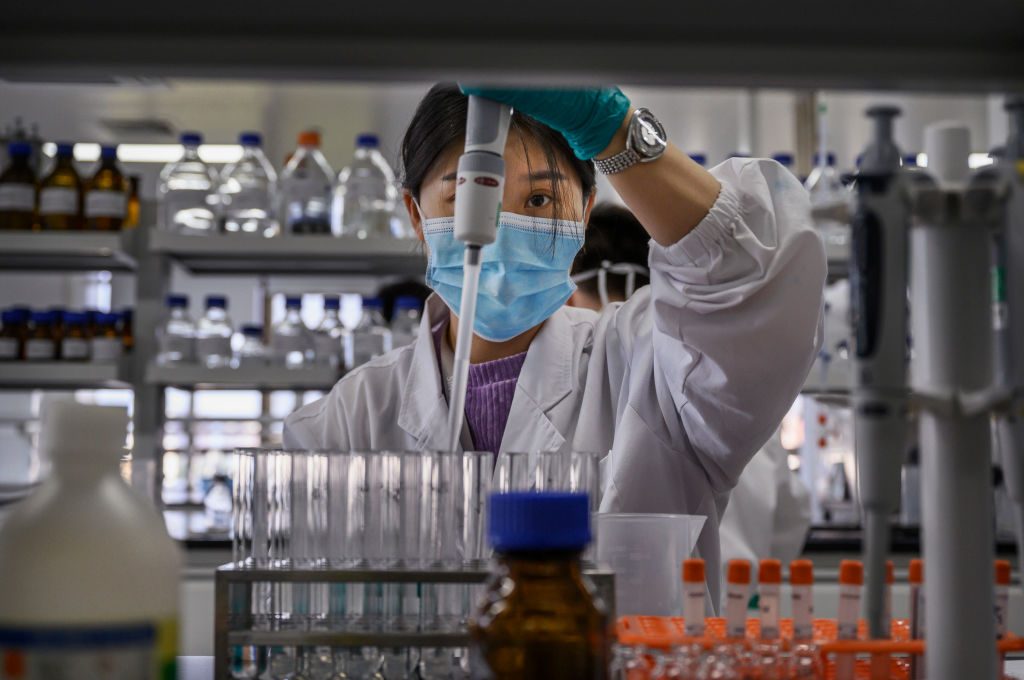Got a cough, cold, rheumatic fever? According to the World Health Organization what you might really need is a good dose of pangolin scales. This is the surprising advice coming from a UN agency which has been accused of cozying up too closely with China and which in a little noticed development last year, decided to officially endorse Traditional Chinese Medicines (TCMs). In mid-2019, the WHO ratified the grandly titled 11th International Statistical Classification of Diseases and Related Health Problems (ICD-11). When it comes into force from January 2022, for the first time TCMs will be regarded as having met ‘the diagnostic classification standard for all clinical and research purposes’. This will give a dubious medical veneer, and export opportunities, to a whole host of quack remedies, many of which rely on illegally sourced wild animal parts.As we all sit in isolation watching the grim death toll rise from a pandemic which has been traced back to China’s wildlife markets, the WHO’s approach should be raising a few questions. For instance, one question might be why are the proposals on TCMs quite so vague? ICD-11 covers popular treatments such as acupuncture or herbal remedies, but the blanket approval applies to all TCMs, mixing the bad in with the good. Under the proposals the WHO is effectively endorsing a range of medicines such as Tongren Dahuoluo Wan, a leopard bone wine apparently good for pepping you up, Chuan Shan Jia containing pangolin scales and good for improving the circulation, or Tan Re Qing, an injection containing bear bile — surprisingly good for treating COVID-19 apparently.Even before the outbreak, campaigners had pointed out the inconsistency noting that when TCMs are not sourced from the illegal wildlife trade, some are still potentially highly toxic. Post-pandemic, ending the use and exchange of wild animal parts in medicines is even more pressing. Unfortunately, as the WHO’s COVID-19 press conferences have shown the organization is prone to ignoring difficult questions, particularly when they might pertain to China. Which takes us back to Wuhan and the wild animal trade. In response to the global outrage over China’s wet markets, the Chinese government made a rare concession to international opinion and outlawed the consumption of wild animals for meat. However, authorities made an exemption for TCMs, and even encouraged farmers who had been breeding wild animals for food to use them in these medicines instead. In fact, one reason the WHO might be being so sensitive on TCMs is because they form an important part of China’s flagship Belt and Road Initiative. Chinese officials regard traditional medicine as part of their vital‘people-to-people cultural exchange’. Pre-lockdown you could attend TCM conferences in target countries such as Bulgaria or Italy, the latter being opened by UN’s director-general of food and agriculture. Ethiopia’s ministry of health has even decided to recommend TCMs during the pandemic ‘to replicate China’s success in applying traditional medicine to tackle COVID-19’. Entertainingly, the WHO’s current director general, Tedros Adhanom was formerly Ethiopia’s minister of health.Ironically, while the WHO has so far not shown any indication it is backing down on TCMs, the conversation in China is very different. A recent poll of Beijing residents found 90 percent of people opposed the use of wild animals in traditional medicines suggesting it is possible to have TCMs without wet markets, illegal trafficking and widespread species extinction (not least ours).Chinese academics and NGOs are also calling for TCMs to be included when China revises its Wildlife Protection Law this year. Previous iterations of the law have outlawed the poaching of wild animals, including pangolins, although confusingly their scales are still allowed as an ingredient in TCMs, hence their status as Asia’s most trafficked animal. China though is making positive steps towards a sustainable wildlife policy.All this leaves the WHO in a rather odd position. It is tacitly defending a policy which has no scientific basis, which contributed to the worst pandemic in a century, and which is apparently unpopular in the country it is taking such embarrassing steps to defend. Perhaps it’s time to change the tune?
WHO ate all the pangolins?
The World Health Organization’s tacit defense of Traditional Chinese Medicine
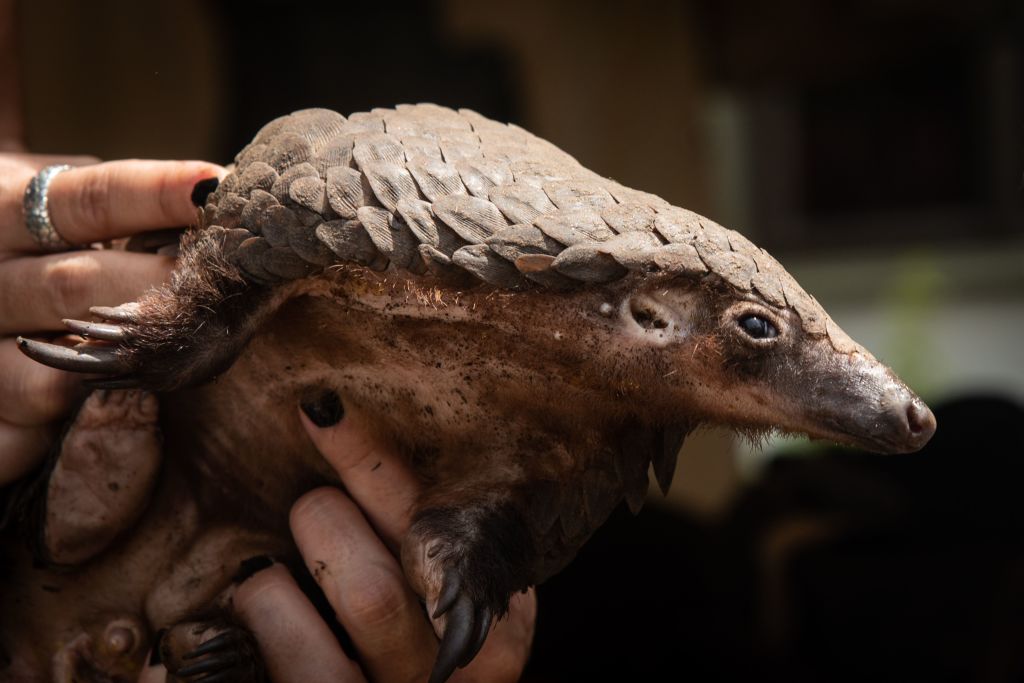
A white-bellied pangolin
Got a cough, cold, rheumatic fever? According to the World Health Organization what you might really need is a good dose of pangolin scales. This is the surprising advice coming from a UN agency which has been accused of cozying up too closely with China and which in a little noticed development last year, decided to officially endorse Traditional Chinese Medicines (TCMs). In mid-2019, the WHO ratified the grandly titled 11th International Statistical Classification of Diseases and Related Health Problems (ICD-11). When it comes into force from January 2022, for the first time TCMs will be…
Comments
Share
Text
Text Size
Small
Medium
Large
Line Spacing
Small
Normal
Large










